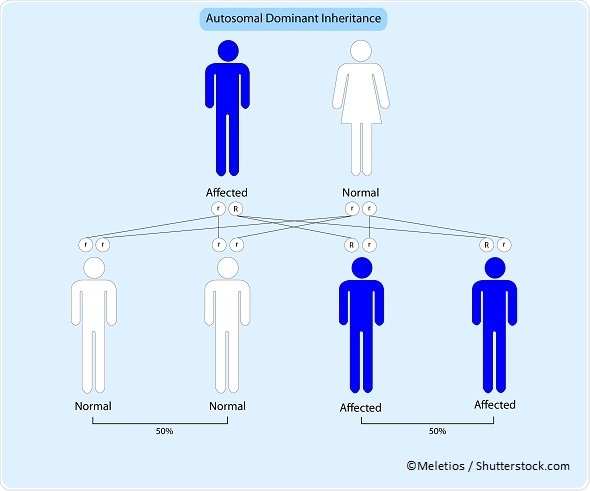Site Under Development, Content Population and SEO, Soft Launch 1st January 2020
Essential tremor is also called benign essential tremor, and it is the most common cause of non-physiological tremor. It is inherited in some cases, with the affected individuals having one or more family members with the condition. In other cases, there is no family history.
Essential tremor may remain mild in some of the affected persons throughout their lives. In other patients, however, it progresses, starting from a mild unilateral tremor (most typically in the hands) to a bilateral tremor. At times it may become so violent so as to make it difficult for the affected person to carry out the normal daily activities, such as eating or drinking, writing or drawing, or shaving.
Apart from the hands, other parts of the body which are affected include the head, vocal cords, tongue, trunk, or legs. Essential tremor in these sites is not so marked as in the hands, where it may set in with each activity. Associated gait disturbance may be present.
Essential tremor may be exacerbated by factors such as stress, fever, fatigue, strong emotions, hypoglycemia, or lack of sleep. In the majority of patients, the condition sets in after the age of 40 years, and typically over 65 years. However, it may occur in both men and women, and at almost any age.
Essential tremor can occur within families. In fact, a person with essential tremor may have an affected family member in about half the cases, according to most researchers. However, this conclusion is challenged by other studies which have closely and directly followed up with the families of patients with essential tremor, and found that 96% of cases occurred within families. Studies using twins have also supported a high rate of heritability.
In most cases of familial essential tremor, the inheritance is in an autosomal dominant manner. In these cases, one abnormal copy of a gene responsible for the condition is passed on in each cell, and the other normal copy does not compensate for the defective one. However, the condition also occurs frequently in individuals without a family history of the condition.

In a few cases, families have members with different forms of tremor, some individuals having essential tremor while others show dystonia or other involuntary movement disorders.
The exact causes and pathology of essential tremor are unknown, but several loci on specific chromosomes are being studied for insight on its occurrence and treatment. It is currently thought that both genetic and environmental conditions interact to produce this condition. One gene which may act as a marker for the condition is the Leucine-rich repeat and Ig-containing 1 (LINGO1) gene. It does not occur in all persons with essential tremor, but may be found in some individuals who do not have it. This gene is also linked to the occurrence of Parkinsonian tremor.
Difficulties in tracing the genetic basis of essential tremor include: